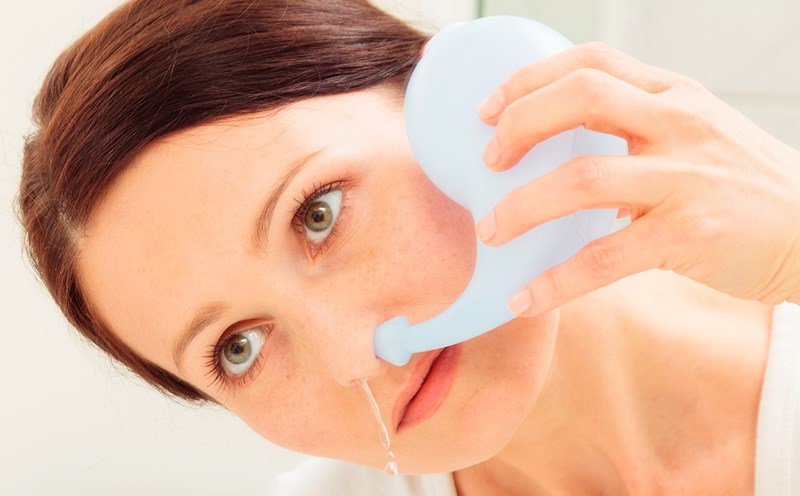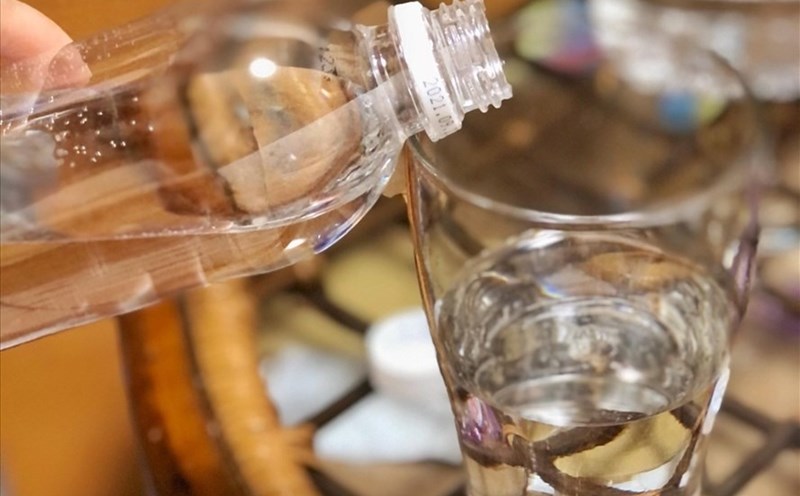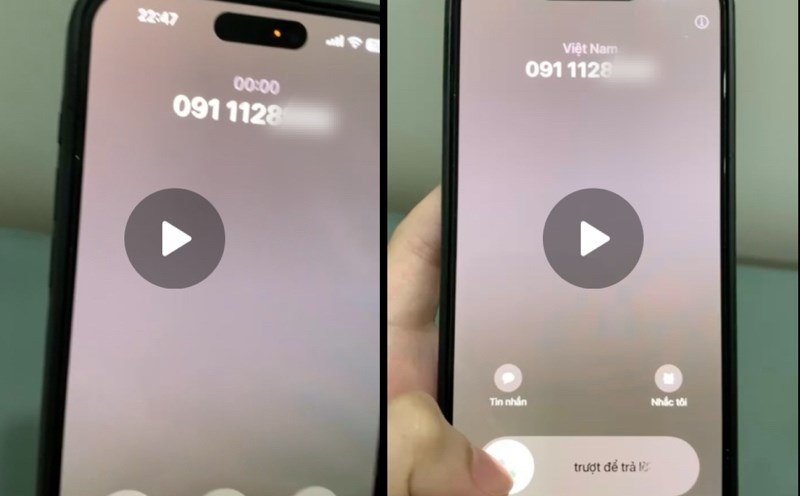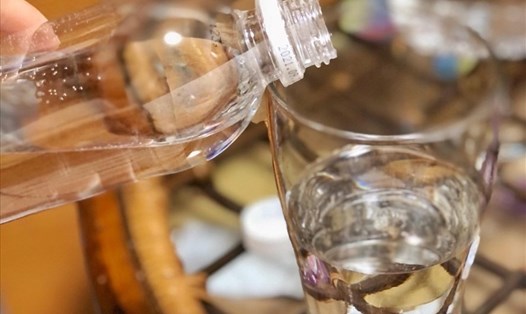Types of salt-related therapy
Dr. Vandana Punjabi, dermatologist at Nanavati Hospital (India) - said, there are two types of salt therapy. The dry type is called salt therapy and the wet type is called wet salt therapy.
Dry salt will be used in specialized equipment called halotherapy generators. While in wet salt therapy, salt is used in diluted solution form for gargling, drinking, bathing or nasal irrigation.
“Most scientific evidence shows that halotherapy is beneficial in treating skin conditions such as psoriasis, atopic dermatitis, acne, and rosacea,” says Dr. Punjabi. redness, bacterial infection... This method helps reduce the intensity of dry skin, redness and stimulates the skin regeneration process."
Should I wash my face with salt water?
Dr. Punjabi listed some pros and cons that you should know before replacing your daily facial cleanser with salt water including:
Advantage
Antibacterial properties: Salt water has natural antibacterial properties that can help fight certain types of bacteria on the skin, potentially reducing acne and preventing infection.
Salt particles can act as a gentle exfoliant, assisting in the removal of dead skin cells and leaving skin smoother.
Balances oil production: Salt water can help regulate the production of sebum, the skin's natural oil. This can be beneficial for people with oily or acne-prone skin.
Defect
Drying effect: Salt water can dehydrate the skin, strip away natural oils and cause dry skin, especially for people with dry or sensitive skin.
Disrupting the skin barrier: Long-term or frequent use of salt water can disrupt the skin's natural protective barrier function, leading to increased sensitivity, irritation and potential inflammation.
Risk of over-exfoliation: While gentle exfoliation can be beneficial, excessive or harsh scrubbing with salt water can damage the skin barrier, leading to redness, peeling and even broken skin.
Potential for skin irritation: Some people may be more sensitive to salt water, experiencing stinging, burning or itching on the skin.
Doctor's advice
Sharing the same opinion, Dr. Shirolikar, dermatologist and founder of skin health website Drmanasiskin.com (India) - said that salt water can cause long-term harm to acne-prone skin or those who have eczema.
It's important to note that the effects of salt water on the skin can vary from person to person. Consider factors such as skin type, sensitivity and overall skin health.
According to Dr. Vandana Punjabi, while studies have also shown that bathing with Dead Sea salt solutions reduces rough and inflamed skin, there is little to no evidence to support its use. Common saline solution can improve skin condition.
Dr. Vandana Punjab also confirmed that, in fact, washing your face with salt water can cause irritation and overuse can damage the skin barrier, aggravating acne and eczema. Also, do not rub salt on your skin as this can lead to hyperpigmentation.
It's better to stop using salt on your face if you notice redness, itching, peeling, peeling, tightness or dark patches, advises Dr. Vandana Punjabi.











